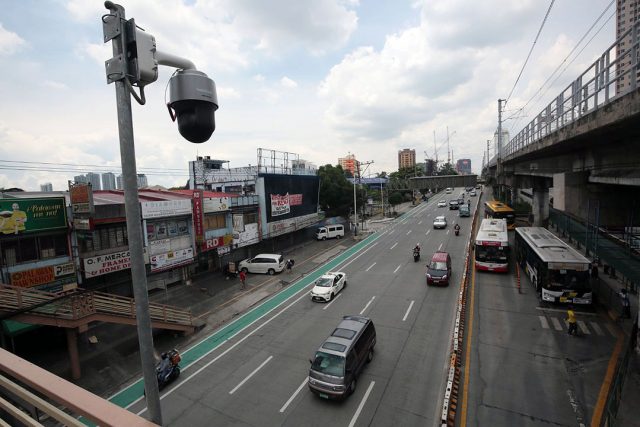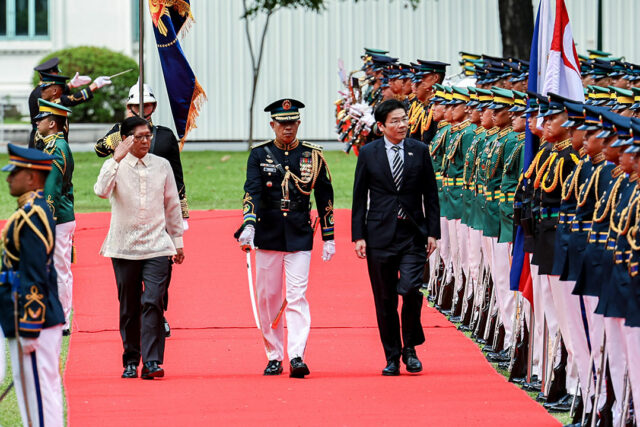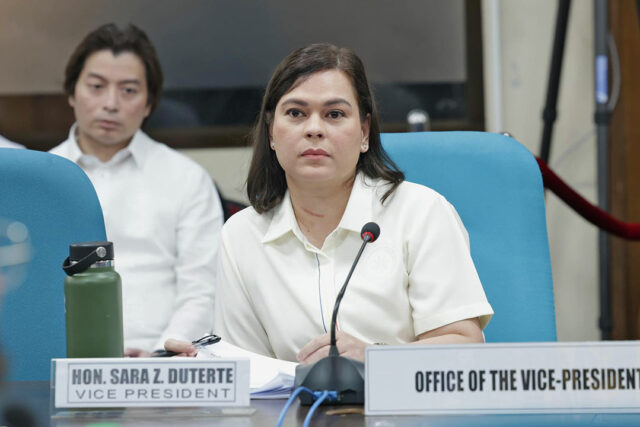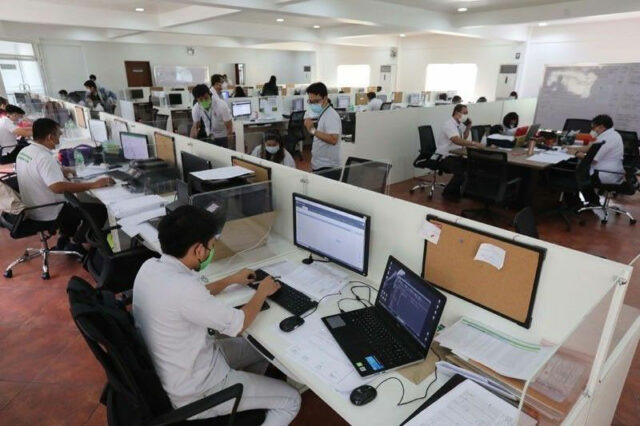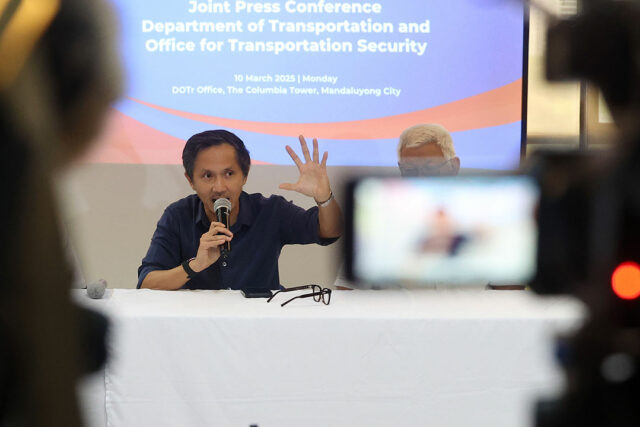Philippine stocks slip on weak growth prospects
PHILIPPINE STOCKS dropped anew on Wednesday due to profit taking and expectations that economic growth this year would miss the government’s target amid lingering global uncertainties.
The bellwether Philippine Stock Exchange index (PSEi) declined by 0.53% or 34.30 points to close at 6,378.56, while the broader all shares index retreated by 0.06% or 2.37 points to 3,768.58.
“The PSEi corrected slightly lower after the latest Organisation for Economic Co-operation and Development (OECD) report lowered estimates for Philippine and global economic growth,” Rizal Commercial Banking Corp. Chief Economist Michael L. Ricafort said in a Viber message.
The OECD said in its Economic Outlook report released on Wednesday that Philippine gross domestic product could expand by 5.6% this year, slower than 5.7% last year. This is well below the government’s 6-8% growth target.
Global economic growth is seen slowing more than expected only a few months ago as the fallout from the Trump administration’s trade war takes a bigger toll on the US economy, the OECD said, Reuters reported.
The global economy is on course to slow from 3.3% last year to 2.9% in 2025 and 2026, the OECD said, trimming its estimates from March for growth of 3.1% this year and 3% next year.
“The local market dropped as investors booked gains following two straight days of rising. Investors also digested the rise in the National Government’s outstanding debt to a new record of P16.75 trillion,” Philstocks Financial Inc. Research Manager Japhet Louis O. Tantiangco said in a Viber message.
“Philippine investors sold ahead of the May consumer price index (CPI), which is slated for release tomorrow (Thursday), as many are awaiting the final print before making any decisions,” Regina Capital Development Corp. Head of Sales Luis A. Limlingan added in a Viber message.
A BusinessWorld poll of 17 analysts yielded a median estimate of 1.3% for the May CPI, slower than the 1.4% in April and 3.9% in the same month a year ago. This is within the central bank’s 0.9%-1.7% forecast for the month.
This would be the lowest clip in more than five years or since the 1.2% in November 2019.
Majority of sectoral indices closed lower on Wednesday. Mining and oil decreased by 0.99% or 98.77 points to 9,870.82; financials fell by 0.93% or 22.30 points to 2,376.27; property sank by 0.78% or 18.01 points to 2,264.31; and industrials went down by 0.54% or 48.80 points to 8,947.96.
Meanwhile, services rose by 0.34% or 7.62 points to 2,190 and holding firms inched up by 0.09% or 5.05 points to 5,416.06.
Value turnover went up to P6.3 billion on Wednesday with 739.87 million shares traded from the P5.99 billion with 739.36 million issues exchanged on Tuesday.
Advancers bested decliners, 115 versus 78, while 45 names were unchanged.
Net foreign selling was at P129.6 million on Wednesday, a turnaround from the P168.63 million in net buying recorded on Tuesday. — Revin Mikhael D. Ochave with Reuters




